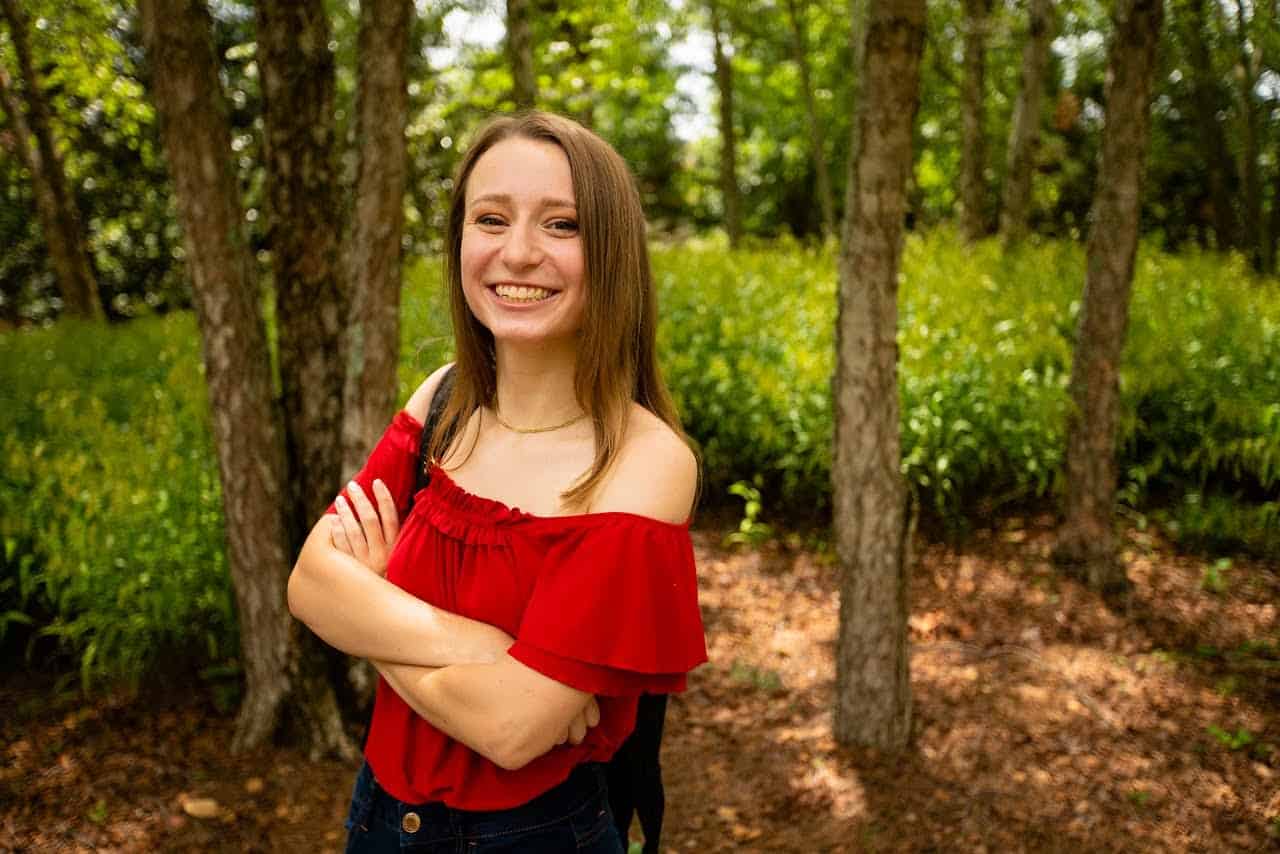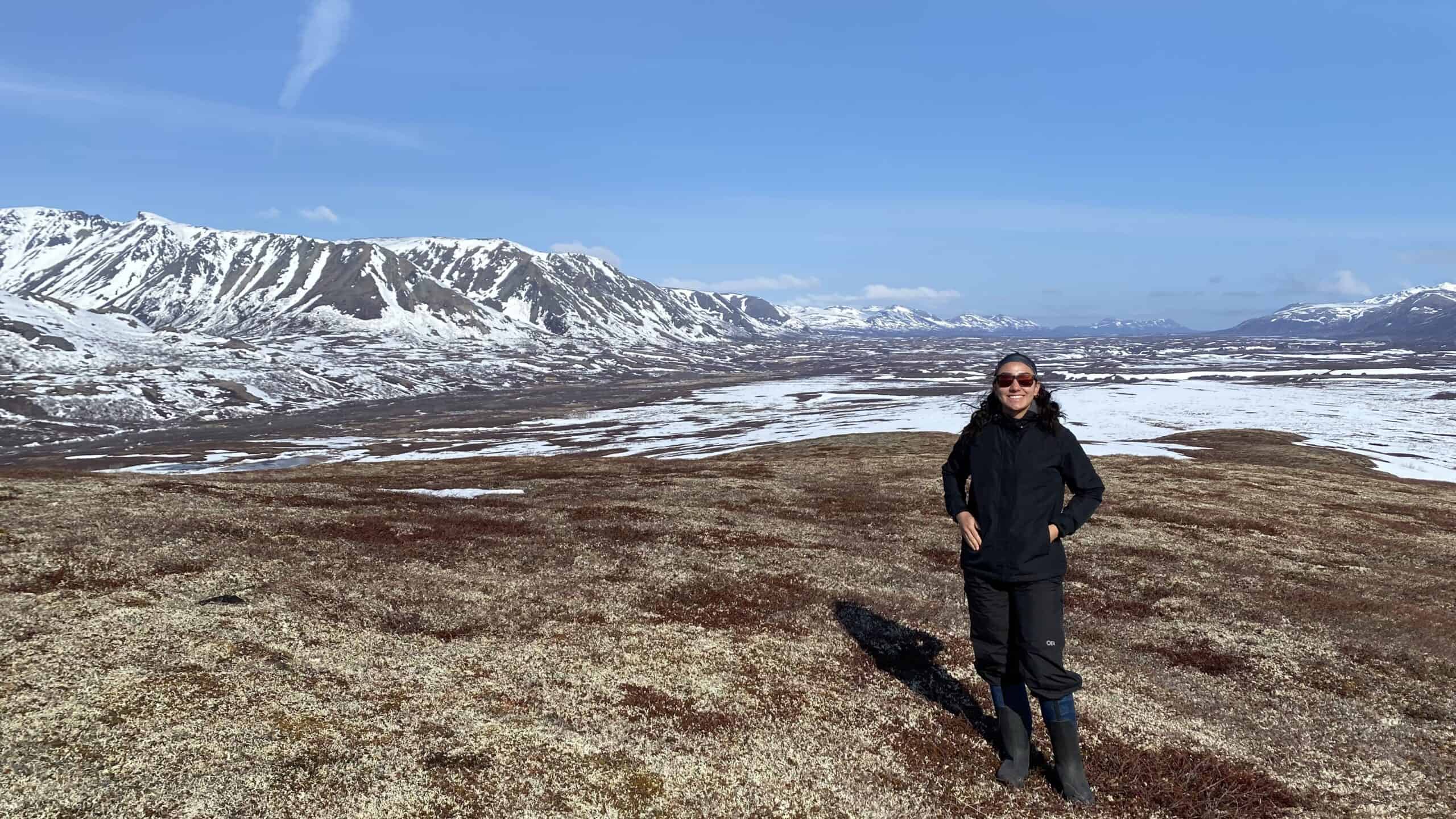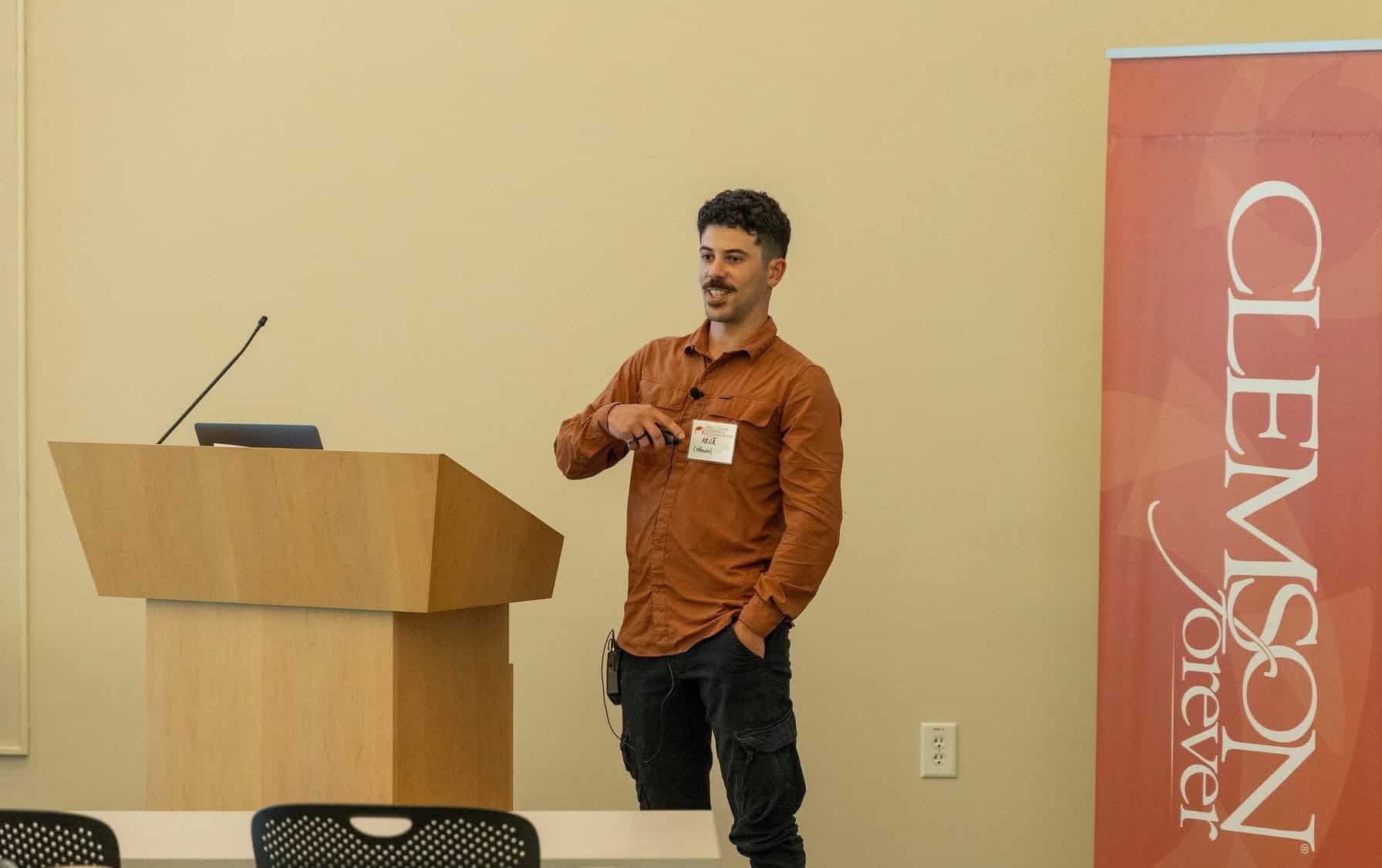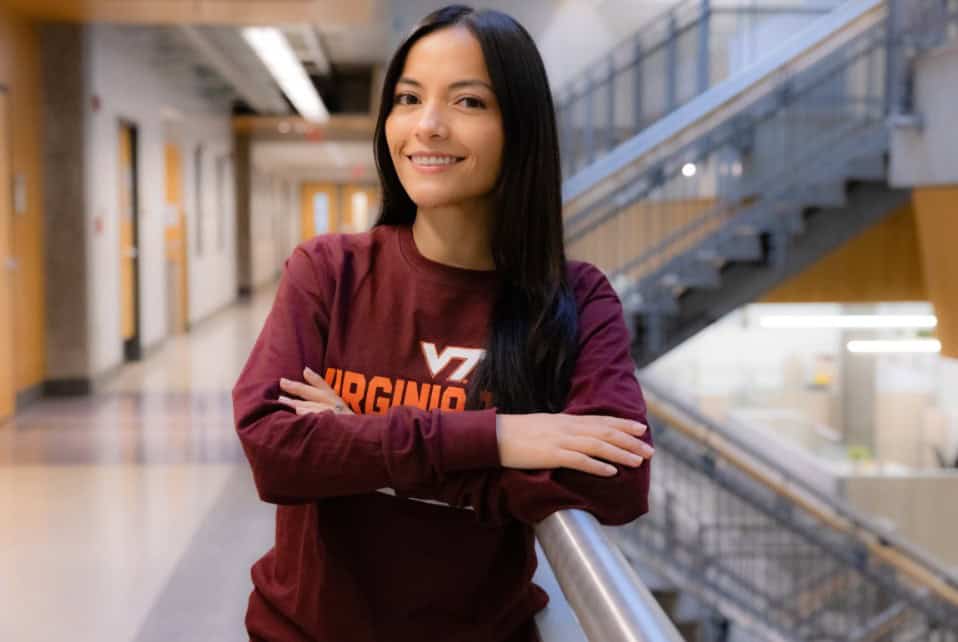Share this article
Wildlife Vocalizations: Ashlyn Halseth
Halseth describes how her passion for hunting has influenced her career and love of wildlife management
I was born and raised in Marietta, Georgia; home of “The Big Chicken” and the political intersection between pro- and anti-hunting individuals. As a child, I was receptive to the idea of hunting and enjoyed the wild game my uncle brought over for the holidays; however, the idea of harvesting my own meal made me anything but hungry. In fact, the first time I held a firearm with intention to shoot at an inanimate object shaped like a deer, I sobbed and solidified my fear of firearms and hunting as I reached for the tissue box.
As fate would have it, I started taking wildlife-focused classes at the University of Georgia’s Warnell School of Forestry and Natural Resources and fell in love with my now fiancé, Calvin Ellis. Around this same time, Calvin had just accepted a student coordinator position with a program that teaches college students within the natural resources field to hunt, called Academics Afield, and was planning an upcoming dove hunt.
With all firearms a safe distance away, I volunteered to take photographs of the new hunters as Calvin taught them shotgun safety, best hunting-practices, and led them around the dove field. We all left that night covered in dust, with two harvested doves, and smiles that grinned from ear to ear. I loved every second of it.
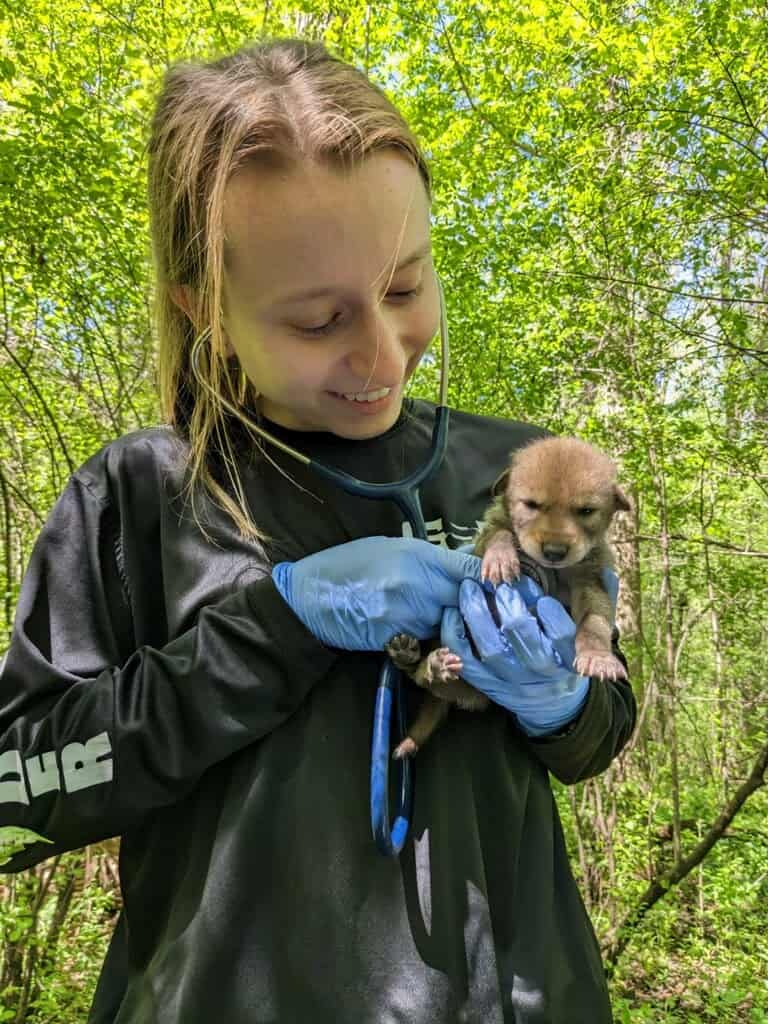
Two more Academics Afield hunts rolled by where I caught myself learning in between taking photographs: how the Pittman-Robertson Act helped to rebuild wildlife populations after substantial declines and continues to fund important wildlife research projects. I learned how to sustain your family with free-range and additive-free meat, and how to respect a firearm instead of fearing it. I witnessed a range of emotional responses as my classmates harvested their first animals. Smiles, stoicism and tears were all responses exhibited by individuals in our group, and I found myself crying right alongside some of them. This time, my tears were not out of fear or sadness, but out of respect for the animal, the practice and the community I found in the woods. Later that year, I harvested my first deer and have continued to hunt as my wildlife career moved me from state to state.
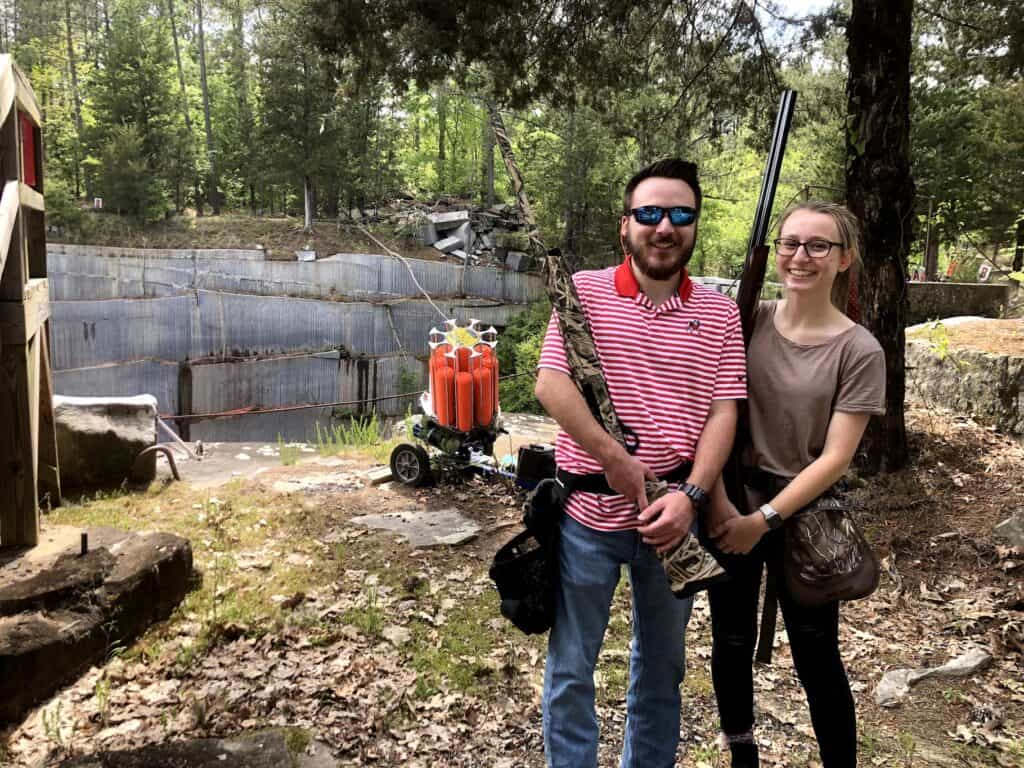
My love for wildlife was always present in my life and was in no way a direct byproduct of my newfound passion for hunting. However, I believe that becoming a hunter during my early professional career has significantly altered my career path. As I continue my formal education in graduate school studying disease transmission amongst wildlife populations, I am constantly reminded of how hunting has become interwoven into everything I do now: I see the animals I research in novel ways, I’ve made deeper connections with professionals in the field that share this passion, and I have become a part of a group of stakeholders that are some of the most ardent supporters of wildlife historically and present day.
Wildlife Vocalizations is a collection of short personal perspectives from people in the field of wildlife sciences. Learn more about Wildlife Vocalizations, and read other contributions.
Submit your story for Wildlife Vocalizations or nominate your peers and colleagues to encourage them to share their story.
For questions, please contact tws@wildlife.org.
Header Image: A headshot of Halseth taken at her alma mater, the University of Georgia. Credit: University of Georgia



